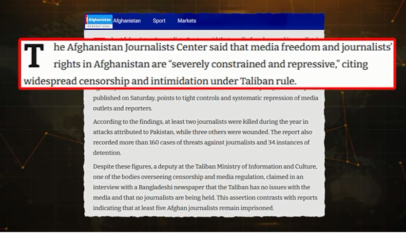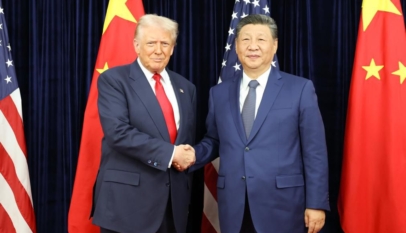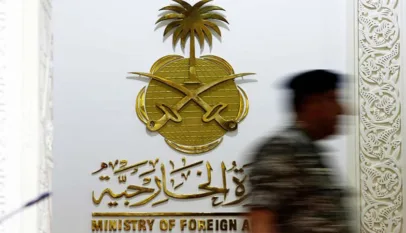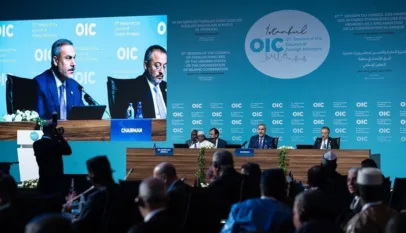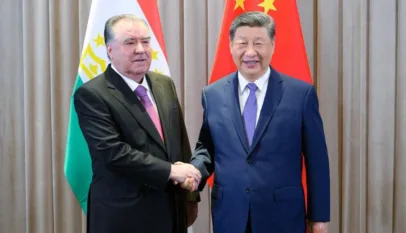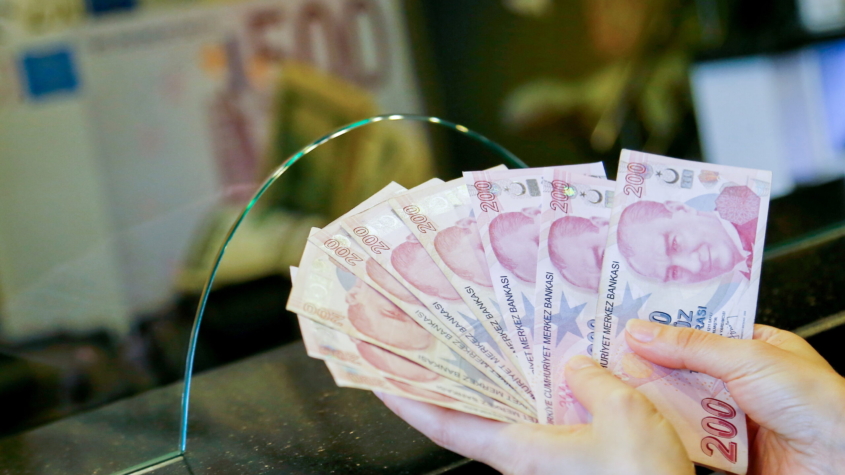
In anticipation of the upcoming presidential election runoff that will determine President Tayyip Erdogan’s fate, the Turkish lira plummeted to an unprecedented low against the US dollar on Friday.
The currency breached the 20 mark, reaching a staggering 20.06 against the greenback before showing a slight recovery. Ultimately, it concluded the session at 19.978, marking a record closing low. Since the beginning of this year, the lira has weakened by 6.3%, adding to the mounting economic concerns.
Following the first round of the presidential election held on May 14, where Erdogan emerged as the frontrunner for the runoff, Turkish financial assets have experienced significant downward pressure.
Sovereign dollar bonds and equities have witnessed sharp declines, while the cost of insuring against Turkish debt has surged. These market reactions stem from apprehensions that Erdogan will persist with his unconventional economic policies, which analysts argue have pushed Turkey to the brink of an economic crisis.
Notably, the Turkish lira’s steady depreciation in recent days is primarily attributed to expectations of Erdogan’s victory in the election. Commerzbank FX analyst Tatha Ghose described the rate of decline as equivalent to a major crisis, stating that many observers anticipate an abrupt breakout due to the likelihood of a system that continues on an unstable trajectory.
Reports have emerged of disagreement and uncertainty within Erdogan’s government regarding the sustainability of the current economic program. Some insiders suggest that there are discussions about whether to persevere with the existing policies or abandon them.
The Turkish central bank’s net forex reserves have recently dipped into negative territory for the first time since 2002, following years of market interventions aimed at curbing foreign exchange demand.
As the election period heightened forex demand, the net forex reserves plummeted to -$151.3 million on May 19. This surge in demand reflects expectations that the lira’s decline will persist after the election. The Turkish currency suffered a 44% devaluation in 2021 and an additional 30% decline in 2022.
In an attempt to alleviate concerns, President Erdogan mentioned that Gulf states had recently provided funding to Turkey, which briefly relieved the strain on the central bank and the markets. However, the underlying economic challenges and uncertainties surrounding the country’s future direction persist, leaving investors wary and contributing to the ongoing volatility in the Turkish financial landscape.






